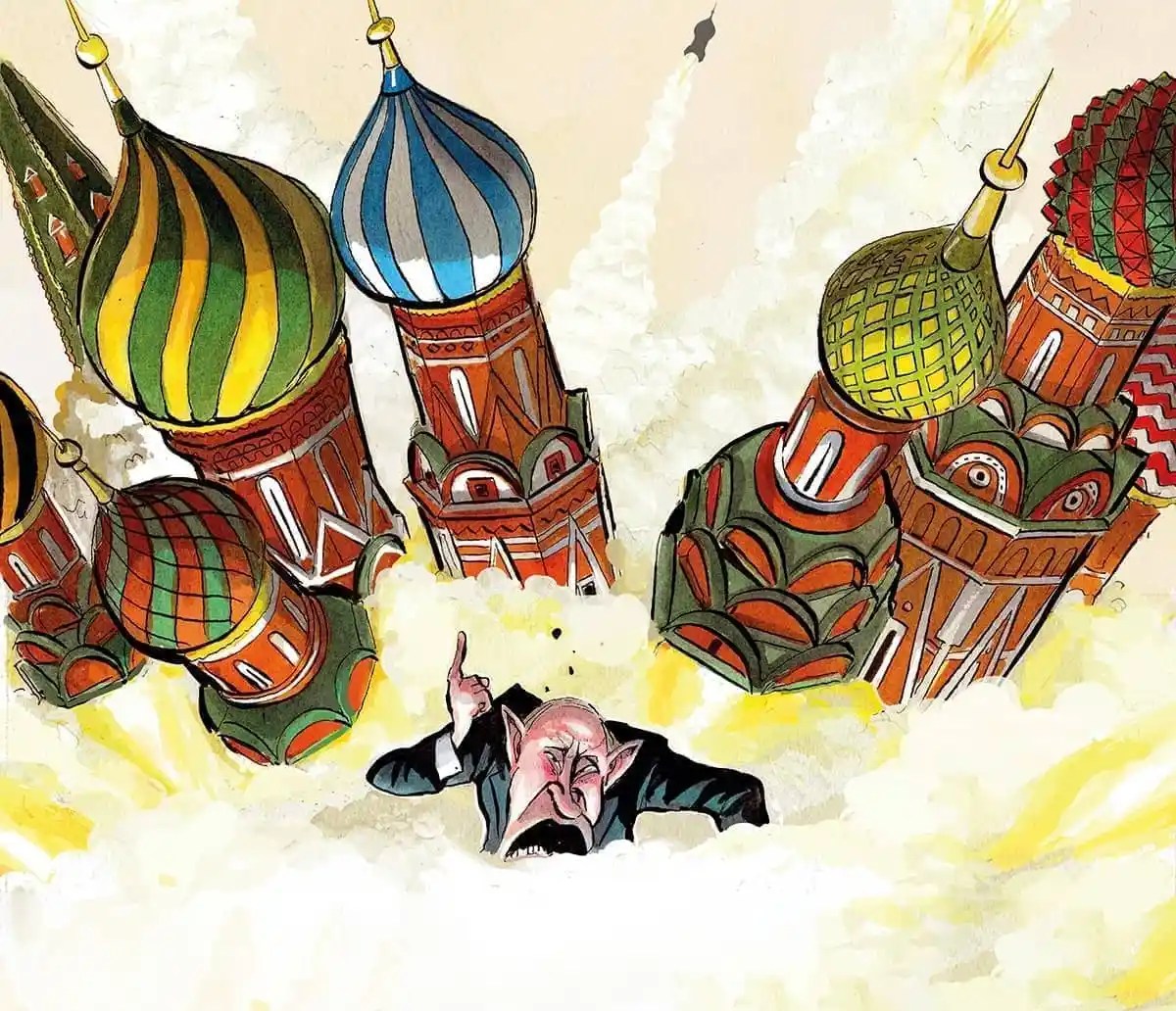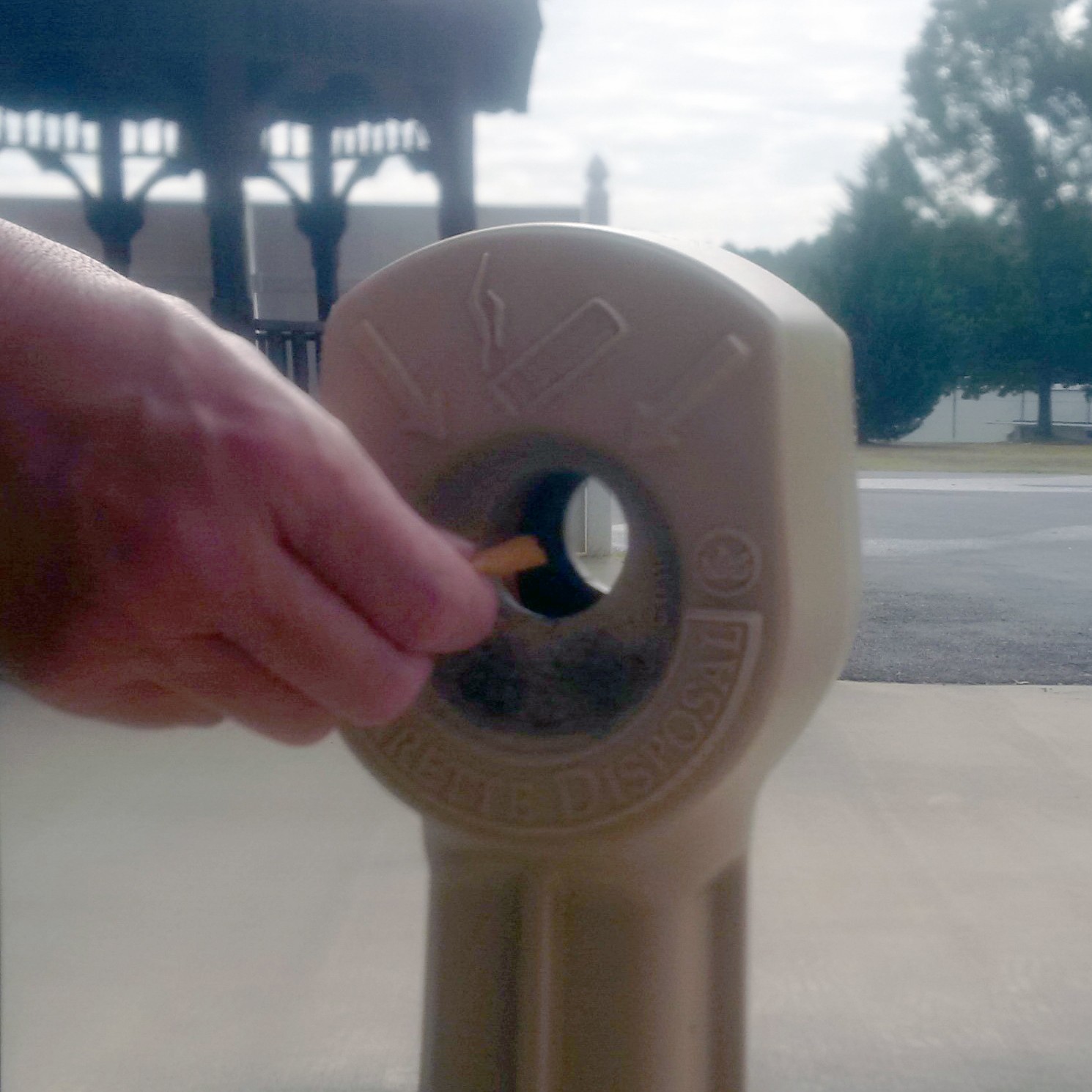Did Putin's Peace Talks Offer Backfire? A Diplomatic Analysis

Table of Contents
The Initial Offer: A Strategic Miscalculation?
Putin's initial peace proposals, shrouded in ambiguity and lacking concrete details, were immediately met with doubt. A deeper examination reveals potential strategic miscalculations that contributed to their failure.
- What were the key demands? Putin's demands, often vaguely worded, generally focused on Ukraine's neutrality, recognition of Crimea's annexation, and acceptance of separatist territories in Donbas. These demands were perceived as non-negotiable and an affront to Ukraine's sovereignty.
- What were the perceived weaknesses in the offer? The lack of specificity, the pre-emptive conditions, and the overall tone of the proposals signaled a lack of genuine commitment to negotiation. The offers felt more like ultimatums than genuine attempts at peace.
- Were the demands realistic given the circumstances? Considering the scale of the invasion and the ongoing human rights violations, Putin's demands were seen as unrealistic and unacceptable to both Ukraine and the international community.
- How did the international community react? The international community largely rejected Putin's proposals, viewing them as an attempt to legitimize Russia's aggression and impose its will on Ukraine. Sanctions and increased military support for Ukraine followed.
The strategic motivations behind Putin's offer remain a subject of debate. Some analysts suggest it was a tactic to divide the West, gain international legitimacy, or create a pretext for further escalation. Regardless of his intentions, the initial peace offer, analyzed through a diplomatic lens, clearly failed to achieve its intended purpose.
The West's Response: A Missed Opportunity or a Necessary Stand?
The West's response to Putin's peace proposals was largely unified in its rejection. This stance, while seemingly firm, invites scrutiny regarding potential missed opportunities and alternative approaches.
- What were the key reasons for rejection? The key reasons revolved around the unacceptable nature of Putin's demands, concerns about setting a precedent for aggression, and the belief that negotiating from a position of weakness would embolden Russia.
- Was the response unified across Western nations? While largely unified, some nuances existed in the approach of individual nations, reflecting their diverse interests and geopolitical positions. However, the overall rejection was consistent.
- How did the response impact the situation on the ground? The rejection, coupled with increased military aid to Ukraine, arguably strengthened Ukraine's resolve and prolonged the conflict.
- What alternative approaches were considered? Alternative approaches, such as a more nuanced engagement with Russia or exploring alternative security architectures for Europe, were discussed but ultimately deemed impractical or insufficient in the face of Russia's aggression.
The consequences of different responses remain a topic of ongoing debate. However, a deeper diplomatic analysis suggests that a different approach might not have fundamentally altered the outcome, given the intransigence displayed by Russia.
Domestic and International Implications of the Failed Talks
The failure of Putin's peace talks had significant domestic and international repercussions, impacting everything from Putin's domestic standing to global power dynamics.
- How did the failure affect Putin's domestic standing? While initial reports suggested a surge in domestic support, the prolonged conflict and resulting economic hardship have likely eroded Putin's popularity, though assessing the true impact remains challenging.
- Did it impact support for the war effort? The failure of diplomatic efforts and ongoing losses have likely contributed to a decline in morale amongst some segments of the Russian population, though this remains largely speculative.
- Did it create internal divisions? The war and its consequences have arguably exacerbated existing internal divisions within Russia, though the extent of this is still unclear.
Internationally, the failed talks led to:
- Strengthening of alliances against Russia? The failure demonstrably strengthened alliances between Western nations and further solidified support for Ukraine.
- Increased military aid to Ukraine? The lack of a diplomatic solution led to a significant increase in military and humanitarian aid flowing to Ukraine from various nations.
- Shift in global power dynamics? The conflict has undoubtedly shifted global power dynamics, increasing international scrutiny of Russia's actions and potentially accelerating a realignment of global alliances.
Analyzing the Backfire: Escalation and International Condemnation
Putin's peace overtures spectacularly backfired, leading to a significant escalation of the conflict and widespread international condemnation.
- Increased international sanctions? The failure of the peace talks led to an intensification of international sanctions against Russia, crippling its economy.
- Further military escalation by Russia? The lack of progress in negotiations arguably emboldened Russia to further escalate the conflict, leading to more significant casualties.
- Increased humanitarian crisis? The continued fighting exacerbated an already dire humanitarian crisis in Ukraine.
- Strengthened resolve of Ukraine and its allies? The failed negotiations strengthened the resolve of Ukraine and its allies to continue resisting Russian aggression.
The connection between the failure of peace talks and subsequent escalation is undeniable. Putin’s diplomatic strategy proved catastrophically miscalculated.
Lessons Learned from Putin's Failed Peace Talks
This diplomatic analysis reveals that Putin's peace talks were fundamentally flawed, characterized by unrealistic demands, a lack of genuine commitment, and a strategic miscalculation of the international response. The resulting backfire manifested in increased international sanctions, further military escalation, a deepening humanitarian crisis, and a strengthened resolve from Ukraine and its allies. Understanding the reasons behind the failure of Putin’s peace talks is crucial for future conflict resolution strategies. The lack of transparency, the imposition of preconditions, and the unwillingness to genuinely compromise all contributed to the failure. These failures underscore the importance of good-faith negotiation, clear communication, and a commitment to mutually beneficial solutions in future diplomatic efforts. Further research into the diplomatic missteps and their consequences is essential to prevent similar failures in the future. Let’s continue this vital conversation on Putin's peace negotiations and their impact on global diplomacy.

Featured Posts
-
 Impact Of Dry Weather On Easter Bonfire Safety And Plans
May 18, 2025
Impact Of Dry Weather On Easter Bonfire Safety And Plans
May 18, 2025 -
 Damiano David Debut Solo Album Announcement
May 18, 2025
Damiano David Debut Solo Album Announcement
May 18, 2025 -
 Double Trouble In Hollywood The Impact Of The Writers And Actors Strike
May 18, 2025
Double Trouble In Hollywood The Impact Of The Writers And Actors Strike
May 18, 2025 -
 Us Credit Rating Downgraded By Moody S White House Responds
May 18, 2025
Us Credit Rating Downgraded By Moody S White House Responds
May 18, 2025 -
 Gambling On Natural Disasters The Troubling Trend Of Betting On The Los Angeles Wildfires
May 18, 2025
Gambling On Natural Disasters The Troubling Trend Of Betting On The Los Angeles Wildfires
May 18, 2025
Latest Posts
-
 Snl Spoofs Signal Leak With Mikey Madison Texting Government Officials
May 18, 2025
Snl Spoofs Signal Leak With Mikey Madison Texting Government Officials
May 18, 2025 -
 Michelle Williams Clarifies Dying For Sex Scene With Marcello Hernandez
May 18, 2025
Michelle Williams Clarifies Dying For Sex Scene With Marcello Hernandez
May 18, 2025 -
 Michelle Williams On Dying For Sex Clasp Scene Unanswered Questions
May 18, 2025
Michelle Williams On Dying For Sex Clasp Scene Unanswered Questions
May 18, 2025 -
 Ram Fest 2024 Snls Marcello Hernandez Delivers Hilarious Performance
May 18, 2025
Ram Fest 2024 Snls Marcello Hernandez Delivers Hilarious Performance
May 18, 2025 -
 The Papacy And The Future Perspectives From West Palm Beach Catholic Students
May 18, 2025
The Papacy And The Future Perspectives From West Palm Beach Catholic Students
May 18, 2025
